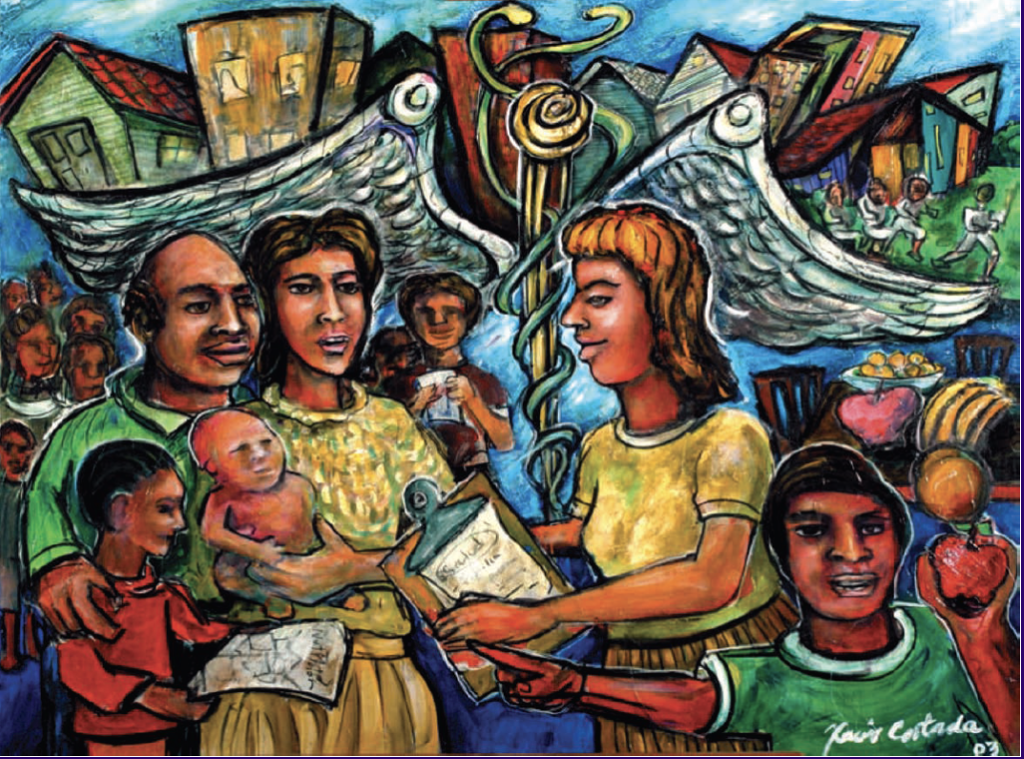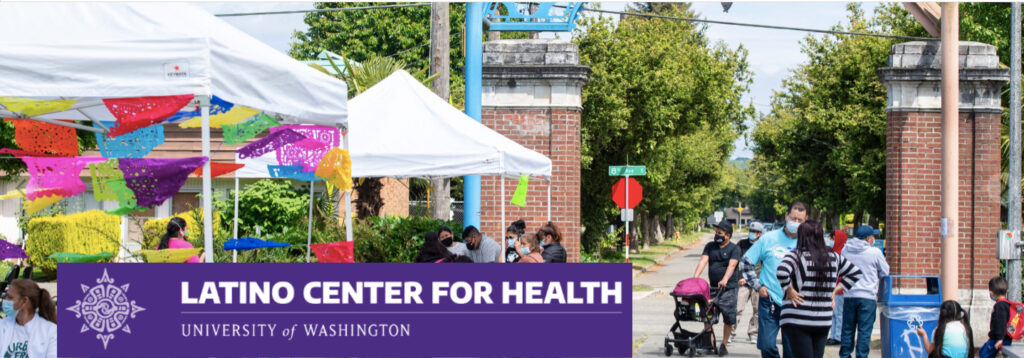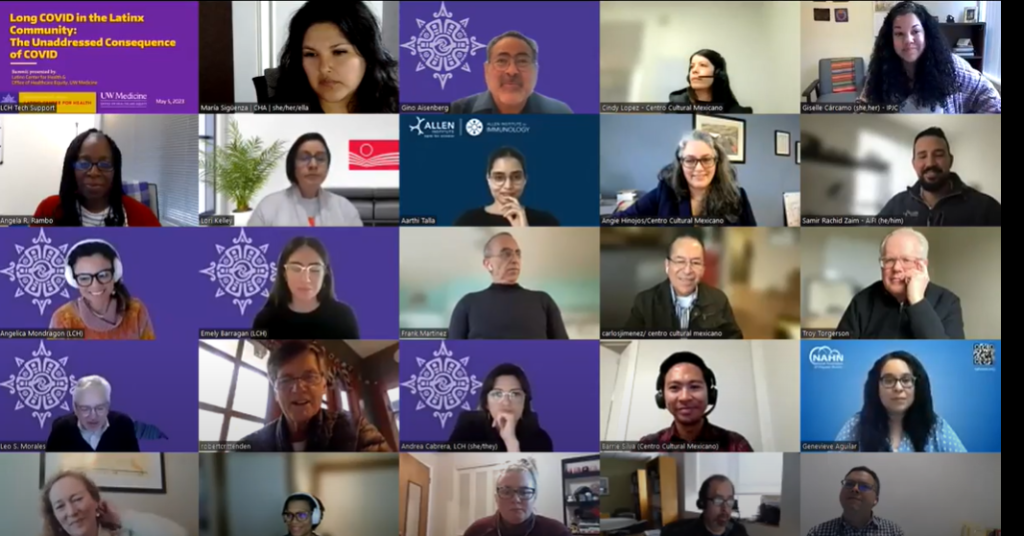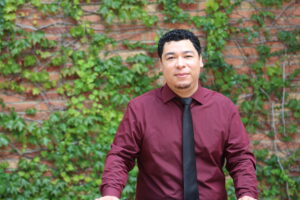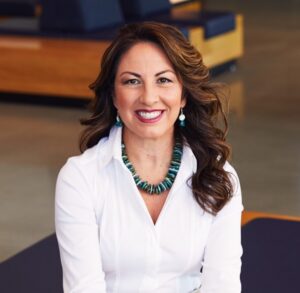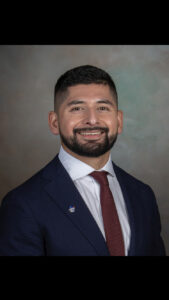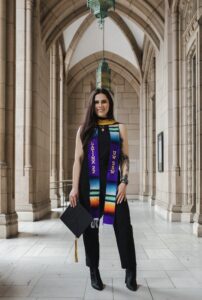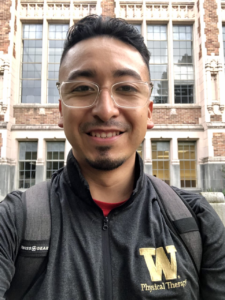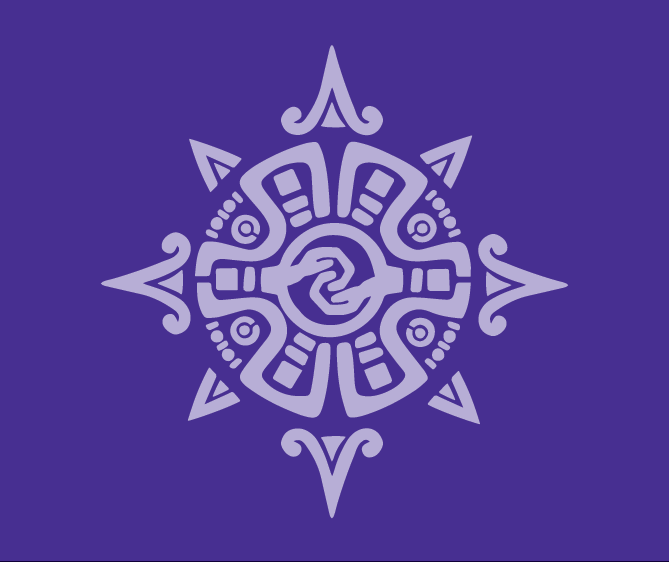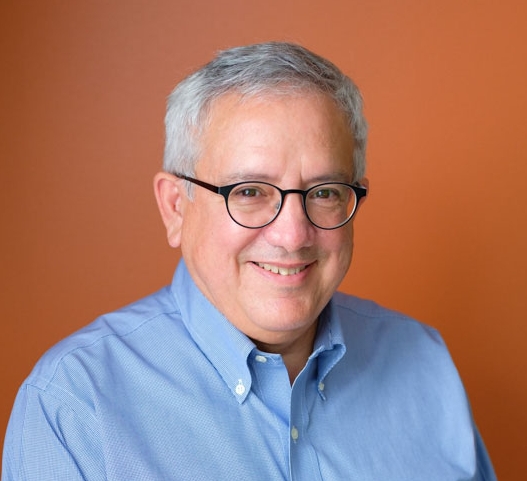The Latino Center for Health (LCH) established the Graduate Student Fellowship Program in 2020 to support student scholars determined to tackle health issues faced by Latinx communities in Washington state.
The LCH annually invests $60,000 into cohorts of 10 to 12 scholars with the help of our educational partners (the tri-campuses of the University of Washington (UW), along with Heritage University and Washington State University). The fellowship supports student scholars irrespective of legal status and also promotes a path towards collaborative, interdisciplinary efforts aimed at addressing persistent disparities affecting Latinos in Washington state.
Recipients, mostly in the health sciences, are part of the next generation of bilingual and bicultural Latinx leaders that aim to provide culturally competent and linguistically responsive care to vulnerable communities, and all Washingtonians.
To highlight the rich and varied careers of past LCH fellows, we reached out to ask where they are now, how the fellowship impacted them, and about their plans for the future.
Gabino J. Abarca, MPH, 3rd Year Ph.D. student
Gabino J. Abarca is a public health scholar from Mattawa, a small, agricultural town in Eastern Washington. As a 2020 recipient of the LCH Graduate Student Fellowship, Abarca says the funding better allowed him to pursue his research interests while completing his master’s in public health at UW.
“It [the fellowship] also connected me with other like minded scholars and the staff at LCH who were supportive and encouraging of my work,” says Abarca.
He has since been named a 2021 RWJF Health Policy Scholar and has published on topics such as immigrant rhetoric and policy, and the impact of the COVID-19 pandemic on fast-food frontline workers in Los Angeles.
Abarca’s cultural perspective and commitment to exploring structural barriers affecting the health of the Latino immigrant community motivated him to pursue a doctorate in community health sciences at the UCLA School of Public Health. His advice for incoming scholars is to embrace their experiences and perspectives as strengths, not hindrances.
Natasha Ludwig-Barrón, PhD, MPH
Dr. Natasha Ludwig-Barrón is a public health researcher and 2021 recipient of the LCH Graduate Student Fellowship. She calls the fellowship a tremendous resource that allowed her to continue her research and support herself during her final year as a doctoral student at UW, despite the COVID-19 pandemic disrupting her dissertation work.
Raised in the greater Los Angeles area, Ludwig-Barrón’s research incorporates an ecological approach to understanding the syndemic of HIV/AIDS, substance use, and gender inequities, with a commitment to improving the health and wellbeing of marginalized communities. She is part of a Latinx/Chicanx research team at UC San Francisco that addresses these issues along the US-Mexico border.
“Each team member brings their professional expertise to each project, which spans epidemiology, psychology, sociology, medicine, and social work,” says Ludwig-Barrón. “Every day I am inspired to work with a bilingual and bicultural team that is committed to developing the best programs and services for Latinxs, regardless of a person’s immigration status.”
Her advice to incoming scholars is to seize every opportunity while in school and reach back and help the next generation of Latinxs/Chicanxs. Ludwig-Barrón is currently working towards a faculty promotion at UCSF, while also finding balance between research, mentorship, and motherhood.
Yoni Rodriguez, MS
Yoni Rodriguez, a graduate of the UW School of Public Health, completed his master’s in environmental health – exposure science. Born in Toppenish, Washington, he is a 2022 recipient of the LCH Graduate Student Fellowship.
During his graduate studies, Rodriguez’s thesis focused on leveraging statistical modeling to predict agricultural pesticide drift and prevent illness among farmworkers and neighboring communities. He plans to use this research to make a positive impact in the agricultural industry. Fluency in Spanish also enables Rodriguez to help train Spanish-speaking workers in CPR/AED/first aid training.
The LCH’s fellowship played a crucial role in enabling Rodriguez to remain a full-time student during his second year of graduate school, and gave him the opportunity to concentrate on his research and coursework without worrying about finances.
When asked to give advice to incoming scholars, Rodriguez said “Enjoy your time in academia, foster relationships with faculty and friends, because you may be calling them up to ask for help on projects. Also, apply for all the jobs and be open to traveling or moving to other states or countries for work.”
Rodriguez’s future goals include earning his medical degree, which he plans to use to help address occupational health disparities and promote the wellbeing of underserved populations.
Ashley Del Valle, ACSW, MSW
Ashley Del Valle is a clinical social worker and graduate of the UW School of Social Work. A native of the California Central Valley, she was a 2022 recipient of the LCH Graduate Student Fellowship, and says the fellowship helped her connect with other students and faculty in public health fields and assisted her financially during the second year of her master’s in social work program.
Del Valle currently works as a behavioral health clinician for Livingston Community Health, a nonprofit community healthcare clinic based in Livingston, California.
“To promote health equity in the community means to address oppressive systems that affect underserved, underrepresented communities, beyond the medical and healthcare system,” says Del Valle. “In my work, I engage with people of diverse backgrounds, however because of the predominantly Spanish-speaking, Latine, and migrant populations in the surrounding community, I utilize my personal and clinical knowledge to work with individuals and families to navigate mental health issues that arise.”
Del Valle’s long-term goals include obtaining a doctorate and producing research related to social work, Latinx communities, and mental health.
Miguel Paniagua Rodriguez, DPT (c)
Miguel Paniagua Rodriguez, is a third year doctor of physical therapy student at the UW and a 2022 recipient of the LCH Student Scholars Fellowship. He is also currently interning at the Legacy Rehabilitation Institute of Oregon in Portland.
He says the fellowship connects him to like-minded students who share his passion for improving healthcare for the Latino/a/e community, and relate to his experience as a first-generation student pursuing a career in the health professions.
“As a Latino PT student, my cultural perspective allows me to have a good understanding of the Latino/a/e community’s risk factors for injury and movement disorders, and their experience with pain,” says Rodriguez. “This allows me to deliver quality physical therapy because I understand the biopsychosocial factors that impact their ability to their previous functioning level. Also, for those patients who are Spanish speaking, I can communicate with them in their own language.”
While still exploring his interests, Rodriguez is considering specializing in vestibular therapy, orthopedic clinical therapy, or manual therapy in the future.
